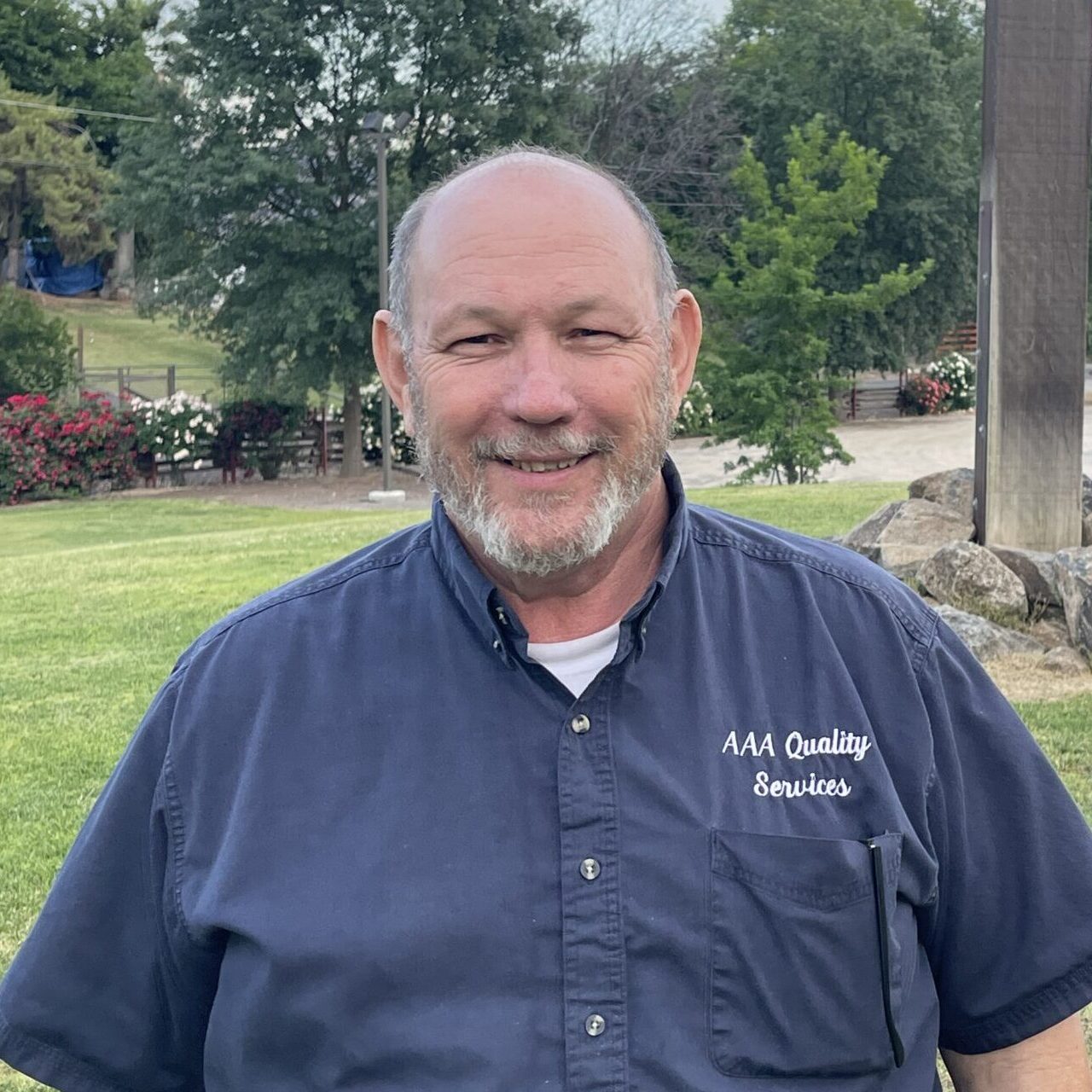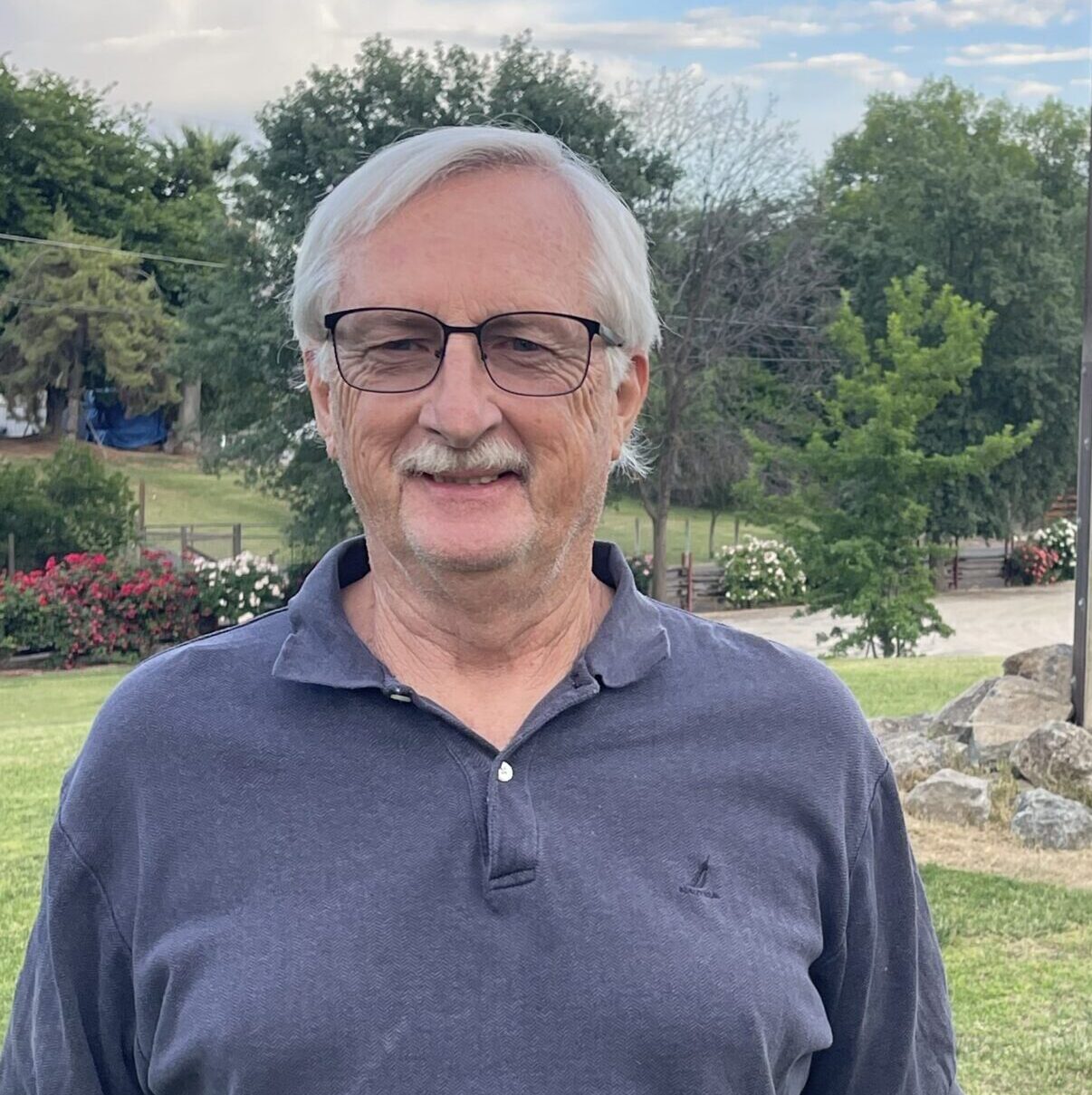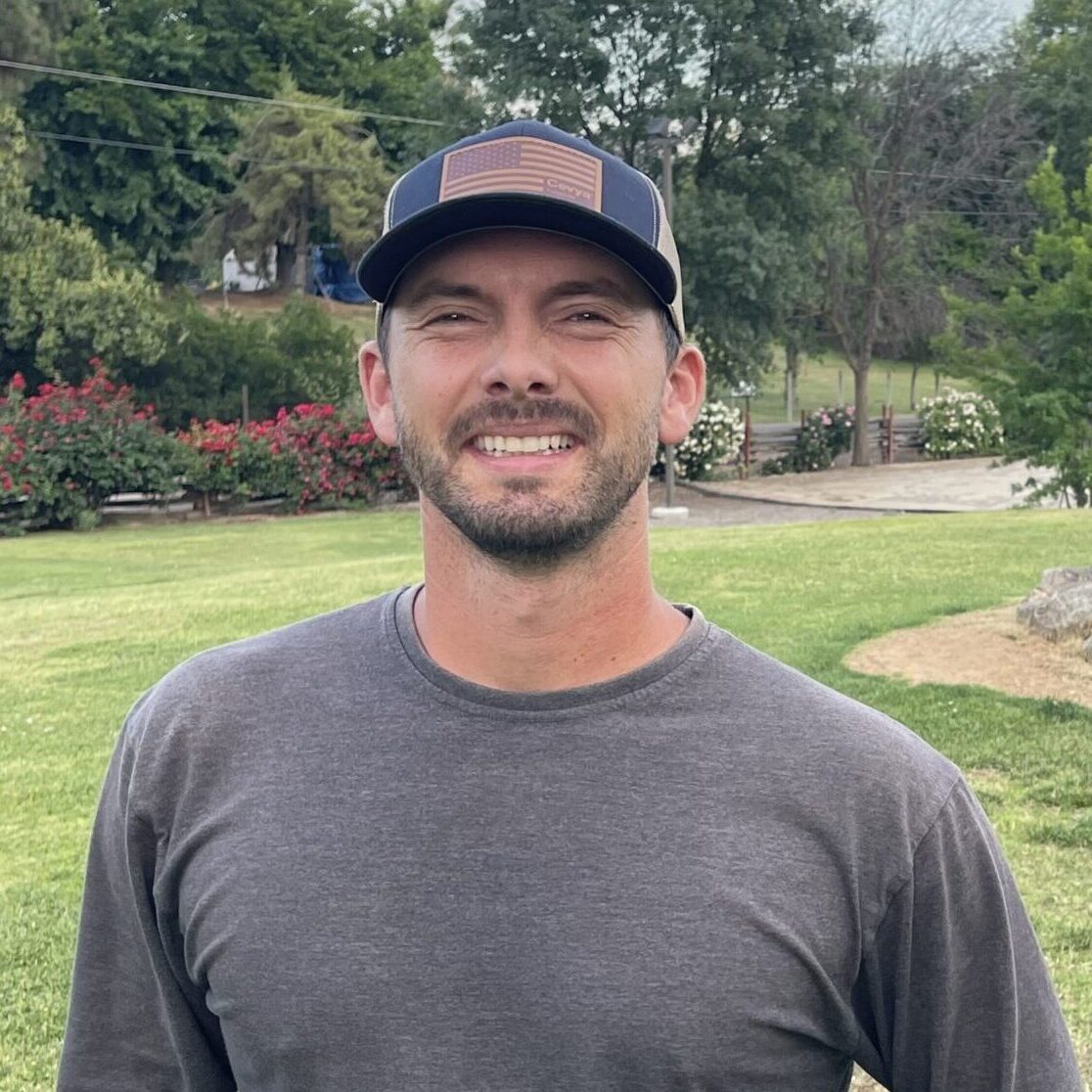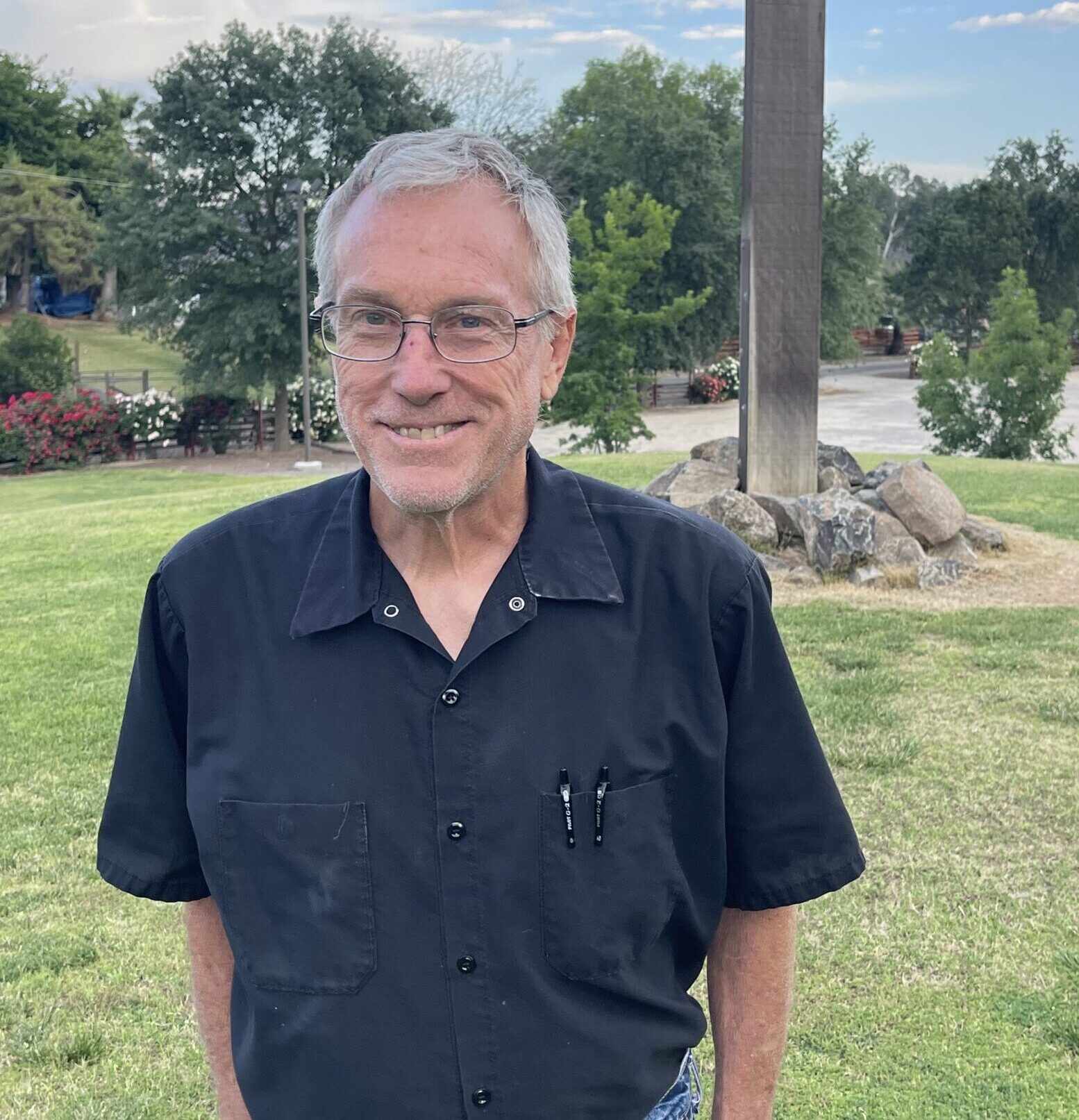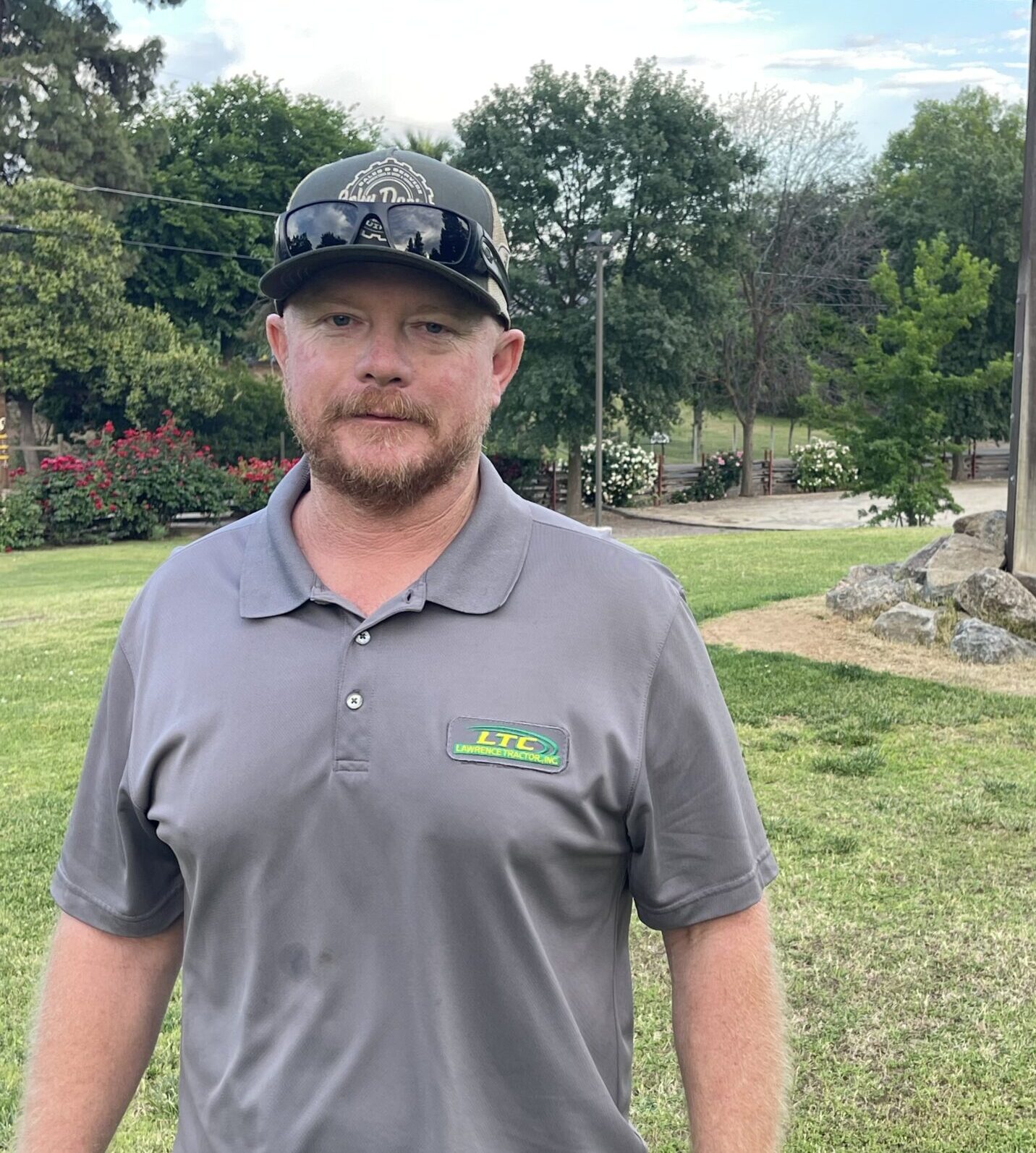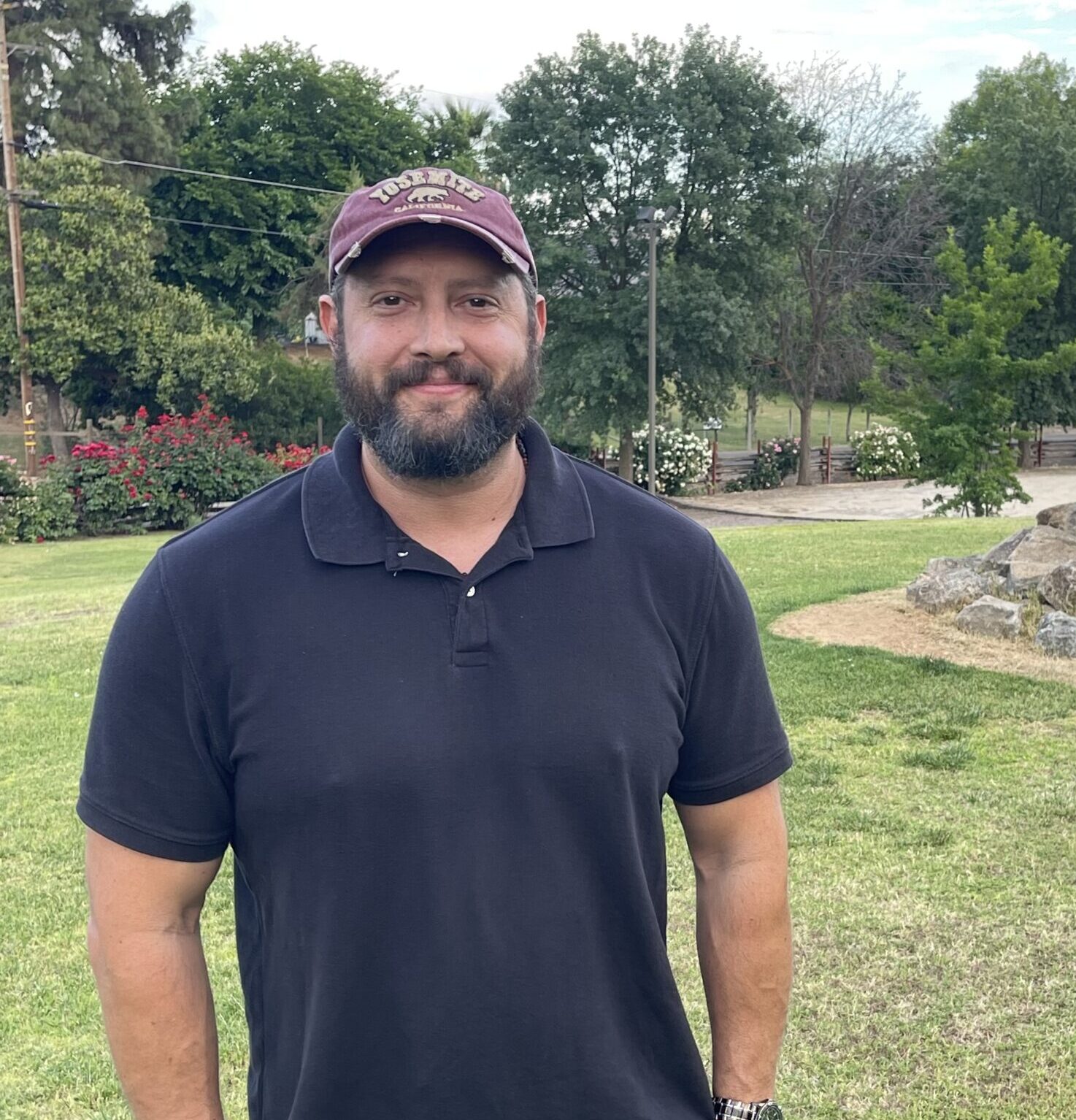The following is an overview of principles stated in these chapters. This is not an exegetical study of the passage. There are volumes that do that hard work. Rather, this is a statement to guide the teaching of Foothill Bible
Church Elderwood, whether from the pulpit in corporate worship or home Bible study groups sponsored by the church.
In discerning the source of ideas no one gifted by the Holy Spirit would say “Jesus is accursed.” In contrast, to state, “Jesus is Lord,” is the work of the Holy Spirit.
There is a variety of spiritual gifts but the Holy Spirit is the sole author. There is a variety of ministries fulfilling the Lord’s purposes. All expressions of the Spirit exist for the benefit of the body of Christ, the church.
In 1 Corinthians 12:11, the Spirit distributes gifts as He wills.
Listed among spiritual gifts are those expressions considered as “sign gifts”. These are gifts that were given to the first apostles to authenticate the message of salvation through Jesus Christ. We teach that these special gifts
(namely, miracles, tongues/interpretation, prophesy [predicting specific future events as in eschatological passages], command healing (such as Peter’s healing of the lame man at the temple), ended with the apostolic age. This
is not to say God is no longer in doing the miraculous, but that individuals are not given permanent gifts in these categories as the apostles were gifted. The position paper on cessation addresses this. Charles Hodge quoted
Chrysostom (349-407): “This whole passage is very obscure; but the obscurity arises from our ignorance of the facts described, which, though familiar to those to whom the apostle wrote, have ceased to occur.”
The apostle Paul specifically states not every believer is an apostle, prophet, teacher, worker of miracles, having gifts of healing, tongues, or interpretation of tongues. He then exhorts to “earnestly desire the greater gifts
and segues to “a more excellent way.”
Chapter 13 is the critical conjunction of chapters 12 and 14. Love is to be the glue holding the multi-faceted body of believers together. To clarify the supremacy of love, he states prophecy, tongues, and knowledge will end,
but love will not. The perfect will supersede the partial. What abides are faith, hope and love with love the greatest of the three.
Chapter 14 exhorts for the church (not individuals) to pursue the greater gifts; Specifically, those gifts that edify the church. Then follows the distinction of prophecy and tongues, the dominant discussion in today’s Protestant
church. The gift to pursue is prophecy (also listed in Romans 12). There are two uses of this word. One is to predict specific events in the future. The other is to declare God’s Word, or give penetrating insight to the sins
and errors of the church, calling believers to repentance. This latter is the dominant action of Old Testament prophets. The prophets did predict specifics of the coming of the Messiah and the end of history. They also accurately
predicted specific judgment brought by invading nations. However, the bulk of the prophets’ writings were denouncing sin, and proclaiming the word of God, calling His people to repentance. It is this latter sense we understand
prophecy in this chapter as the preferred gift to build up believers. We understand this to be expository preaching of the Bible “unfolding the mind of God and applying it to the daily struggles of life.”
“The prophet’s special gift was the edification, exhortation, consolation, and instruction of the local churches.” It was not to predict future events.
The passage then focuses on the gift of tongues. The word for tongue is the common Greek word for language. “The gift of tongues is the gift of supernaturally speaking languages never learned.” The passage indicates that tongues
were used in addressing God, not the congregation/group (1 Cor. 14:14, prayer is not talking to people, but to God). Though the apostle said he spoke in tongues more than all of them, in the church he would only speak with
intelligent (mind) language. The core issue addressed is the requirement for order and not chaos in the assembly of the church. The second primary concern is that the body of Christ is edified. If the congregation does not
understand, they cannot benefit. Those are two controlling factors in this unique expression. A defined procedure is outlined for the leader responsible for the gathering should someone seek to demonstrate this expression.
To protect the church from false tongues, another is to interpret. If such is not present, the speaker is to be silent for the spirit of the prophet is subject to the prophet (1 Cor. 14:32). Tongues, healings, miracles necessitated
a degree of order to prevent indiscriminate use of these expressions, which are subject to abuse. There is also a restriction of women speaking in tongues or prophetically to the congregation.
